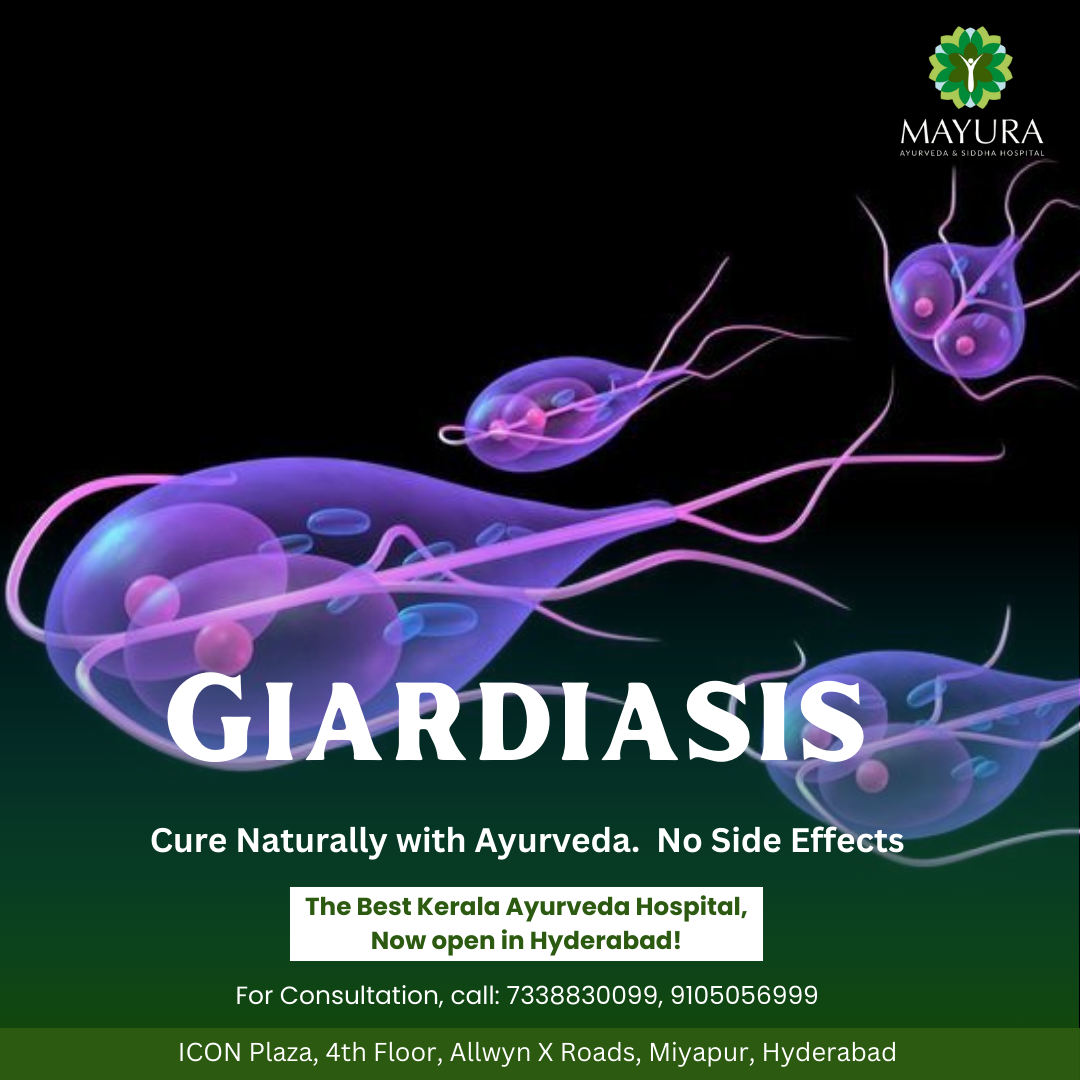Imagine this: you’re on a dream vacation, exploring new sights and indulging in local delicacies. But suddenly, your trip takes a turn for the worse with stomach cramps, bloating, and unwelcome bathroom visits. This could be giardiasis, a common intestinal infection caused by a microscopic parasite.
What is Giardia?
Giardia is a single-celled parasite called Giardia lamblia that thrives in the small intestine. It spreads through contaminated food or water and is most commonly found in areas with poor sanitation.
How Do You Get Giardia?
The infective form of Giardia is a cyst, which can survive for weeks in the environment. You can become infected by:
Ingesting contaminated water: This is the most common way, especially from untreated surface water like lakes, rivers, or contaminated public pools.
Consuming contaminated food: Food washed with contaminated water or handled by someone with giardia can transmit the parasite.
Person-to-person contact: Close contact with someone infected with giardia, particularly not practicing proper hand hygiene after diaper changing or using the restroom, can spread the infection.
Symptoms of Giardia Infection:
Not everyone infected with Giardia experiences symptoms. However, when symptoms do occur, they typically develop within 1-3 weeks of exposure and can last for several weeks if left untreated. Common symptoms include:
Watery diarrhea (often foul-smelling)
Abdominal cramps and bloating
Nausea and vomiting
Gas
Fatigue
Weight loss (in severe cases)
Diagnosing Giardia:
Diagnosing giardia typically involves analyzing a stool sample under a microscope to detect the parasite or its cysts. Sometimes, multiple stool tests might be needed for an accurate diagnosis.
Treating Giardia:
Giardia is treated with prescription medication, usually antibiotics, to eliminate the parasite from the intestines. While symptoms often improve within a few days of treatment, completing the entire course of medication is crucial to prevent reinfection.
Preventing Giardia Infection:
Several steps can significantly reduce your risk of contracting giardia:
Practice good hygiene: Wash your hands thoroughly with soap and water after using the restroom, changing diapers, and before preparing food.
Drink safe water: Only consume bottled or treated water, especially when traveling to areas with questionable sanitation.
Wash fruits and vegetables: Thoroughly wash all fruits and vegetables before consumption, especially if traveling.
Avoid untreated water sources: Steer clear of swimming in potentially contaminated water sources like lakes or rivers.
Traveling Smart and Staying Healthy:
Giardia can put a damper on your travel plans. By understanding how it spreads, the symptoms to watch for, and essential prevention measures, you can significantly reduce your risk and enjoy a worry-free vacation. Remember, consult a healthcare professional if you experience persistent diarrhea or other concerning symptoms after traveling.
















